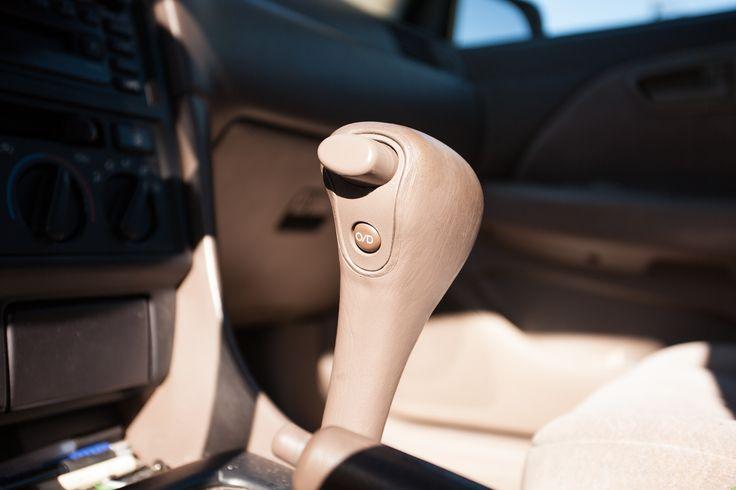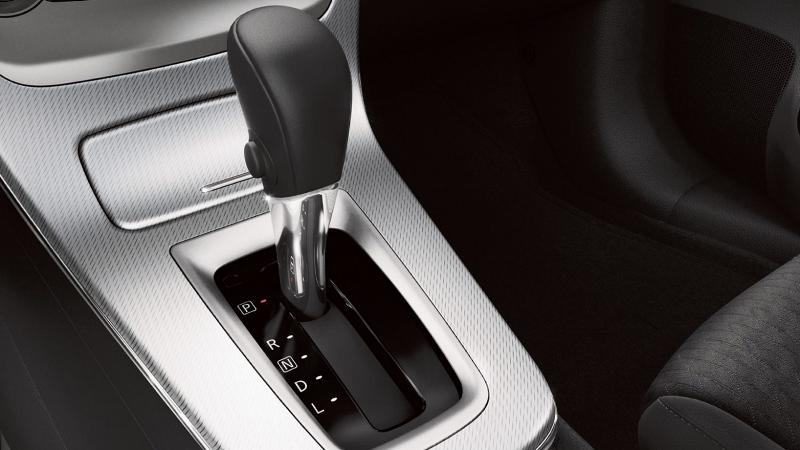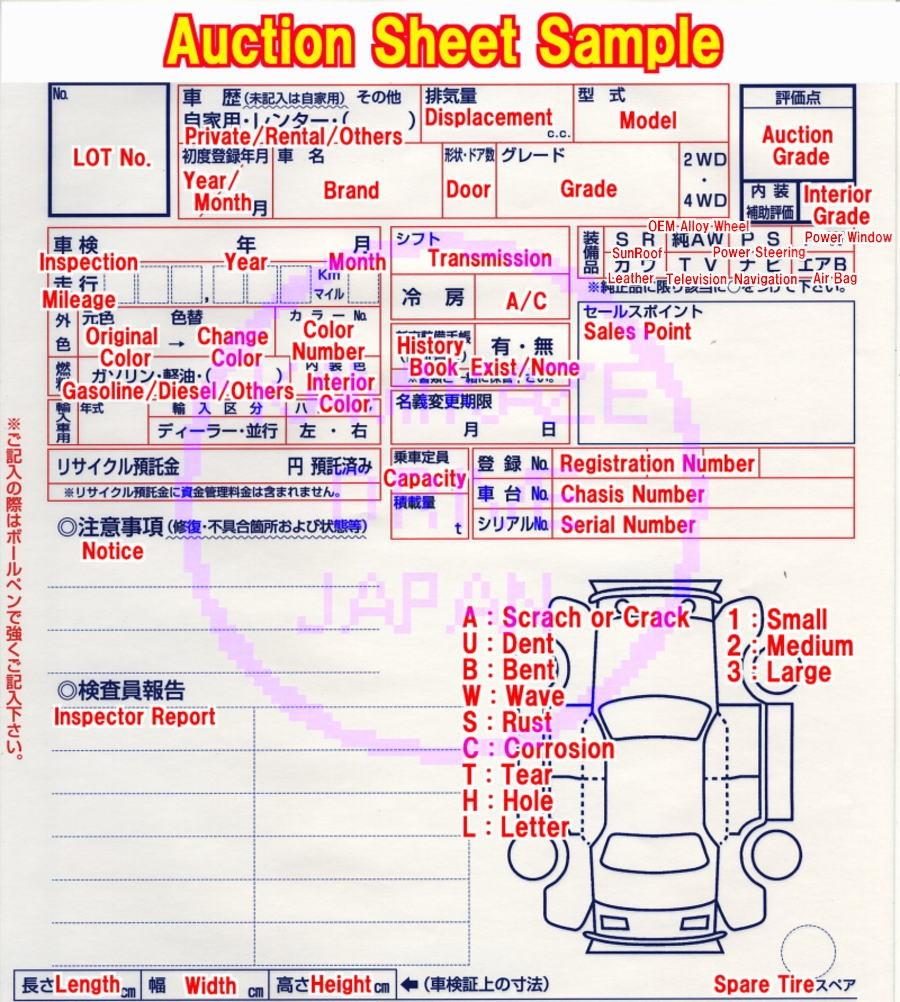Understanding The Auxiliary Battery Malfunction In Mercedes!
If the auxiliary battery malfunction in Mercedes, it can lead to a range of issues, such as loss of memory settings, dimming interior lights, and even difficulties starting the main engine in some cases.
Anatomy of the Auxiliary Battery System
The auxiliary battery system in Mercedes-Benz vehicles comprises several key components. The auxiliary battery itself is a secondary power source that stores energy for specific electrical components.
A battery management system (BMS) monitors the auxiliary battery’s state of charge, voltage, and temperature, ensuring optimal performance and preventing overcharging or deep discharge.
The charging circuit, consisting of the alternator and voltage regulator, is responsible for replenishing the auxiliary battery. The alternator generates electricity, while the voltage regulator ensures that the battery is charged to the correct voltage.
A network of wires and connections links the auxiliary battery to the various electrical components it powers, ensuring proper communication and power flow.
The auxiliary battery system works in conjunction with the main battery to power specific electrical components and maintain memory settings.
It is typically charged by the main battery or the alternator when the vehicle is running. Once charged, it stores power for use when the vehicle is off or when the main battery’s power is insufficient.
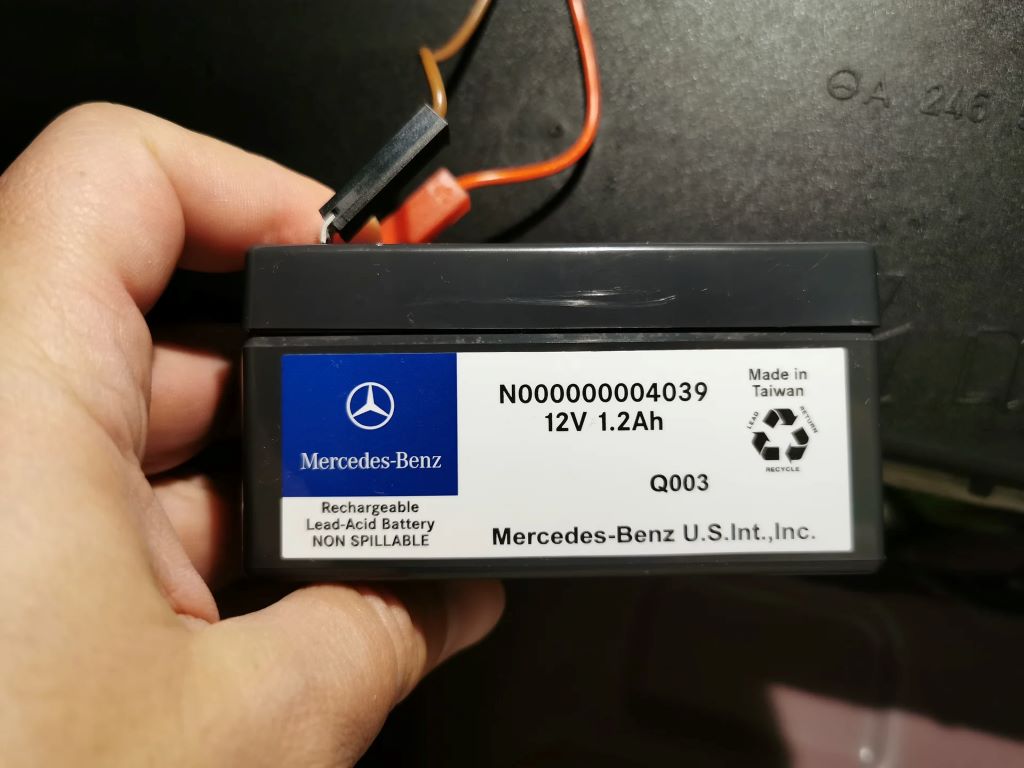
Common Causes of Auxiliary Battery Malfunctions
Battery Age and Degradation
Like any other battery, the auxiliary battery has a natural lifespan. Over time, the battery’s internal chemistry can degrade, leading to reduced capacity and performance.
Factors such as extreme temperatures, frequent charging cycles, and deep discharges can accelerate this degradation process.
Charging System Issues
A malfunctioning charging system can prevent the auxiliary battery from charging properly. Problems with the alternator, voltage regulator, or charging circuit can hinder the battery’s ability to store and supply power.
Faulty alternator diodes, defective regulators, or loose connections can all contribute to charging issues.
Electrical System Malfunctions
Electrical faults in the wiring, connections, or other components can also impact the auxiliary battery’s performance. Corrosion, short circuits, or damaged wiring can disrupt the flow of electricity to and from the battery, leading to various problems.
Excessive Draw on the Battery
Excessive use of electrical accessories, leaving lights on, or faulty components can drain the auxiliary battery more quickly than it can be recharged.
A malfunctioning alarm system, interior lights left on, or a defective electrical component can put a strain on the battery, leading to premature discharge or failure.
Symptoms of an Auxiliary Battery Malfunction
Loss of Comfort Features
A malfunctioning auxiliary battery can lead to a variety of issues related to comfort features. You may notice that your power seats, windows, sunroof, or other electrically controlled features are no longer functioning properly.
Additionally, the radio and navigation system may not be operational.
Memory Loss
The auxiliary battery is responsible for storing memory settings for various vehicle features. If the battery malfunctions, you may experience loss of seat memory settings, radio presets, climate control settings, or other customized vehicle settings.
Dashboard Warning Lights
While there may not be a specific warning light dedicated solely to the Mercedes Benz auxiliary battery malfunction, you may notice other warning lights illuminating on the dashboard if the battery is malfunctioning.
Slow Start
A depleted auxiliary battery can also affect the main battery’s ability to start the engine. If the auxiliary battery is not functioning properly, it may not be able to provide the necessary boost to the main battery, resulting in a slow or difficult start.
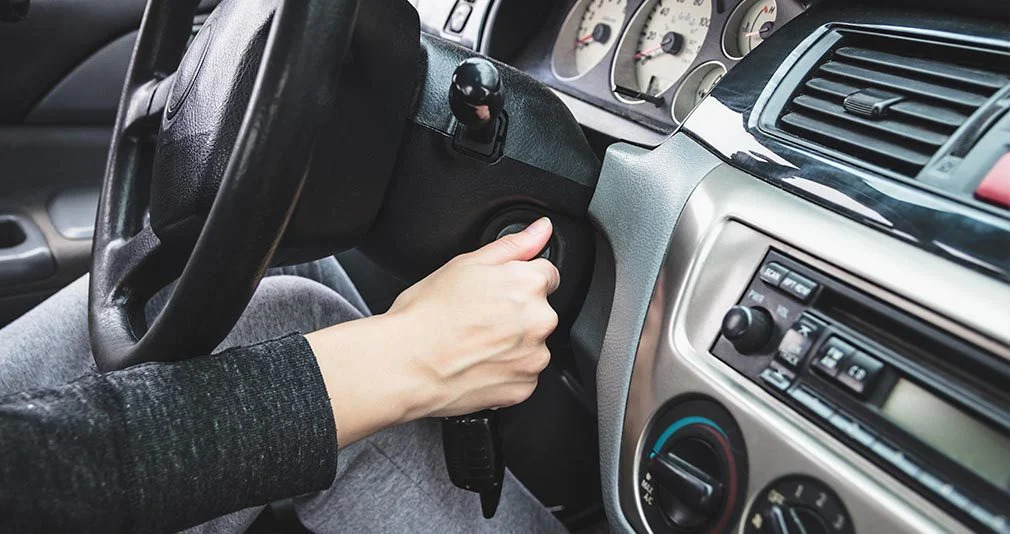
Solutions and Repair Options For The Auxiliary Battery Malfunction In Mercedes
Battery Replacement
If the auxiliary battery is aged, damaged, or beyond repair, it will need to be replaced. Using a compatible and approved battery is essential to ensure optimal performance and compatibility with your Mercedes-Benz vehicle.
When selecting a replacement battery, consider factors such as the battery’s cold cranking amps (CCA), reserve capacity, and overall quality.
Consulting with a qualified mechanic or your local Mercedes-Benz dealership can help you choose the appropriate battery for your vehicle.
Charging System Repair
To repair or replace faulty components in the charging system, such as the alternator or voltage regulator, seek professional assistance. A qualified mechanic can diagnose the car problems accurately and give the necessary repairs.
Electrical System Repairs
Faulty wiring, connections, or other electrical components in the auxiliary battery circuit can also contribute to battery problems.
Addressing these issues promptly is essential to prevent further damage and ensure the proper functioning of the auxiliary battery system.
FAQs on Auxiliary Battery Malfunction in Mercedes
-
What is the purpose of the auxiliary battery in a Mercedes?
The auxiliary battery in a Mercedes powers secondary systems like the start-stop function, electronic stability control (ESC), and other convenience features.
Its main role is to relieve the main battery from these smaller tasks, ensuring that the vehicle’s primary electrical systems run smoothly.
-
Can I drive my Mercedes with an auxiliary battery malfunction?
In most cases, the vehicle will continue to run because the main battery handles essential functions. However, certain features like the start-stop system or electronic parking brakes may be disabled.
-
How long does the auxiliary battery typically last in a Mercedes?
The auxiliary battery generally lasts between 4 to 6 years, but this can vary depending on driving conditions, climate, and overall usage. Frequent short trips or extreme weather can reduce the battery’s lifespan.
-
Can a faulty auxiliary battery cause the check engine light to come on?
While it’s rare, a malfunctioning auxiliary battery can sometimes trigger warning lights on the dashboard, including the check engine light, especially if the issue affects systems connected to the battery, like the start-stop function or power steering.
-
What happens if I ignore an auxiliary battery malfunction in my Mercedes?
Ignoring an auxiliary battery malfunction can lead to the failure of specific functions like the automatic start-stop system, power for electronic stability systems, or even the parking brake in some models.
While the car may still be drivable, over time, the strain on the main battery may increase, possibly leading to further electrical issues.
-
Can I replace the auxiliary battery myself, or does it require a professional?
Replacing the auxiliary battery is relatively simple in some Mercedes models and can be done by an experienced DIYer.
However, some models require special tools or access, so if you’re unfamiliar with automotive repairs, it’s best to let a professional handle it to avoid damaging the vehicle’s electrical systems.
-
Is an auxiliary battery malfunction more common in certain Mercedes models?
While auxiliary battery malfunctions can occur in any Mercedes, they tend to be more commonly reported in models with advanced electronic systems, such as the S-Class, E-Class, and certain SUVs that rely on the auxiliary battery.
-
Will disconnecting the auxiliary battery affect other car systems?
Yes, disconnecting the auxiliary battery without proper precautions can reset or disable certain vehicle systems like the clock, radio presets, and navigation settings.
-
Can a software update fix an auxiliary battery malfunction?
In some cases, a software glitch in the vehicle’s control module may misinterpret the auxiliary battery’s status, triggering a malfunction warning.
A software update from a Mercedes dealership might resolve this, though it’s always good to first check the actual battery condition.
-
Does the auxiliary battery affect Mercedes’ hybrid or electric models?
While auxiliary batteries are present in both hybrid and electric Mercedes models, their role is even more crucial since they help manage numerous electronic systems.
A malfunction could potentially cause more disruptions in hybrid or electric models, impacting the vehicle’s overall performance.
Check out this video from FCP Euro to learn more about Mercedes Benz auxiliary battery malfunction!
Conclusion
By understanding the common causes, symptoms, and solutions related to auxiliary battery malfunction in Mercedes, take proactive steps to maintain the health of your vehicle’s auxiliary battery system and ensure a seamless driving experience.





